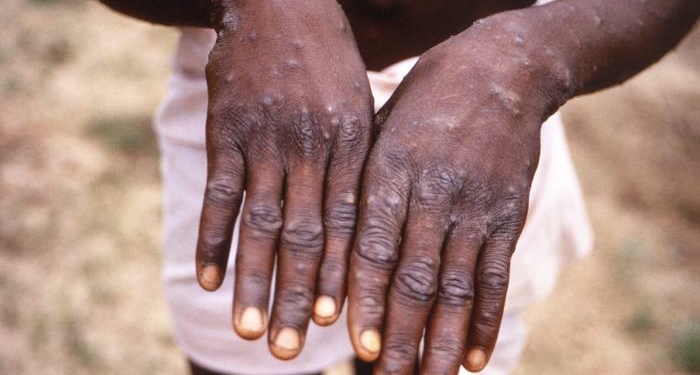The World Health Organisation (WHO) has stated that the multi-country monkeypox outbreak is not yet a global health emergency.
The decision was made on Saturday by the emergency committee of the International Health Regulations (2005) (IHR), regarding the rapid spread of monkeypox across dozens of nations.
Monkeypox is a rare viral infection that does not spread easily between people. It is usually a mild self-limiting illness and most people recover within a few weeks.
However, severe illness can occur in some individuals. The viral infection has a total of 141 suspected cases and 36 confirmed cases in Nigeria.
Tedros Adhanom Gbebreyesus, WHO director-general via a statement disclosed that since the beginning of May, 3040 cases of monkeypox have been reported to the organisation from 47 countries.
Representatives of Canada, the Democratic Republic of the Congo, Nigeria, Portugal, Spain and the United Kingdom updated the organisation on the epidemiological situation in their countries and the current response.
The WHO DG agreed with the advice offered by the IHR emergency committee regarding the outbreak that, at present, monkeypox does not constitute a Public Health Emergency of International Concern (PHEIC).
The committee weighed whether or not to activate the WHO’s highest alert level in response to the outbreak, COVID-19 and polio are the only other virus outbreaks considered international public health emergencies by the WHO.
However, a unanimous acknowledgment was made regarding the emergency nature of the event and that controlling the further spread of the outbreak requires intense response efforts.
The global threat of the viral infection is due to be reassessed should evidence of cases spike in the next 21 days.










Discussion about this post